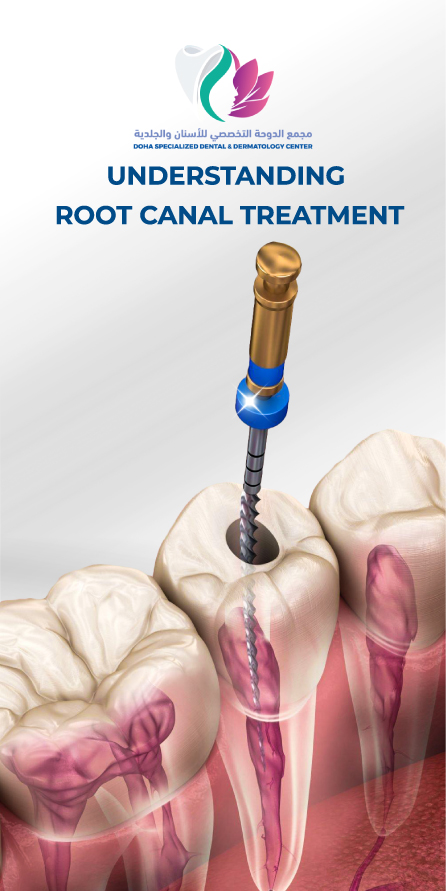Blogs

Understanding Root Canal Treatment: Myths and Facts
Myth 1: Root Canals Are Painful
Fact: One of the most common misconceptions about root canal treatment is that it is a painful procedure. However, modern advancements in dentistry, such as the use of local anesthesia and improved techniques, have made root canals virtually painless for most patients. The purpose of a root canal is to alleviate pain caused by infected or inflamed dental pulp, so the procedure itself actually provides relief.
Myth 2: Root Canals Cause Illnesses
Fact: There is a historical misconception that root canals can lead to systemic illnesses. This idea originated from poorly conducted research in the early 20th century. However, modern scientific studies and extensive research have debunked this myth. Root canal treatment is a safe and effective procedure that helps save infected teeth and prevents the spread of infection, without causing any systemic health issues.
Myth 3: Extraction is Better Than Root Canal
Fact: Some people believe that extracting a damaged tooth is a better option than undergoing a root canal. However, preserving natural teeth is always the preferred choice whenever possible. Root canal treatment not only saves the natural tooth but also maintains proper oral function and aesthetics. Tooth extraction, on the other hand, can lead to additional dental problems and may require costly replacement options like dental implants or bridges.
Myth 4: Root Canals Take Multiple Sessions
Fact: With advancements in dental technology and techniques, most root canal procedures can be completed in a single session. In some complex cases or if there are complications, multiple visits may be necessary. Your dentist will assess your specific situation and provide a treatment plan tailored to your needs, which may include single or multiple sessions.
Myth 5: Root Canals Are Only for Severe Pain
Fact: While severe pain is one of the common reasons for needing a root canal, it’s not the only indication. Root canals are also performed to address other issues, such as deep tooth decay, dental abscesses, and infections that may not always present with intense pain. Seeking early dental care and addressing dental issues promptly can often prevent the need for more extensive treatments like root canals.

